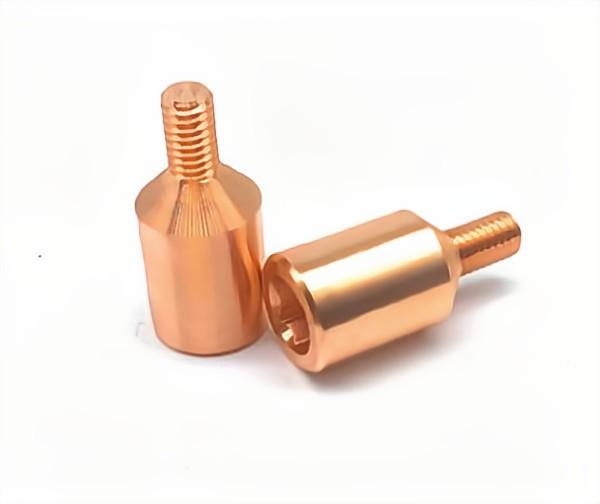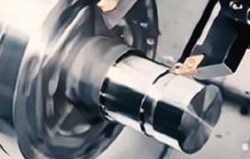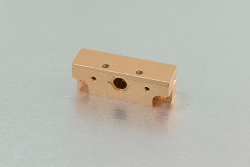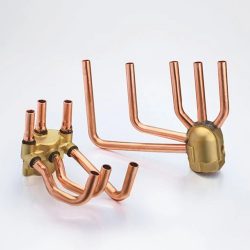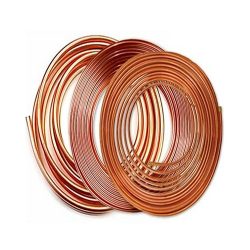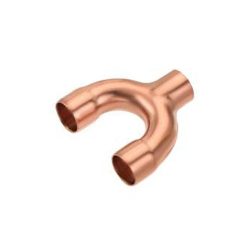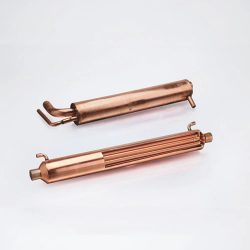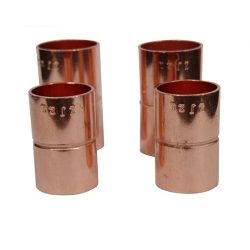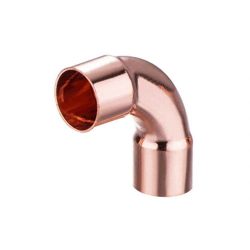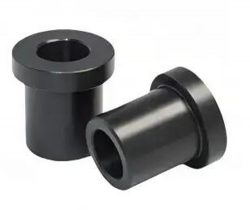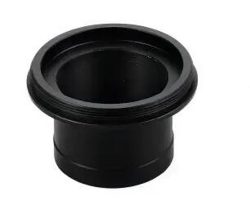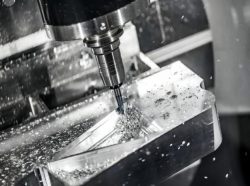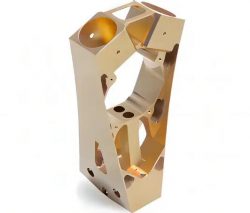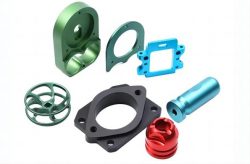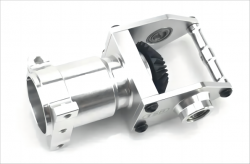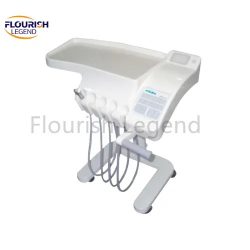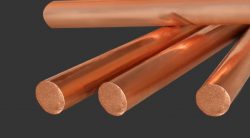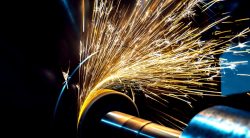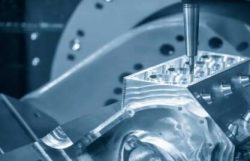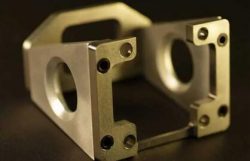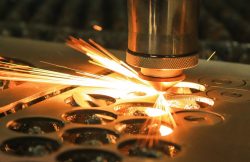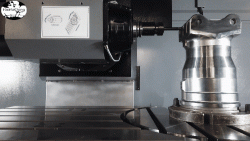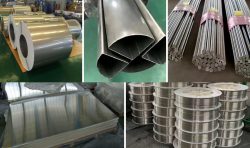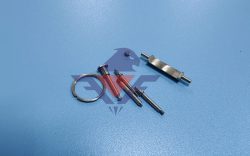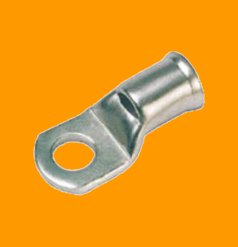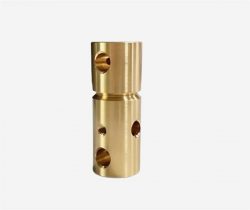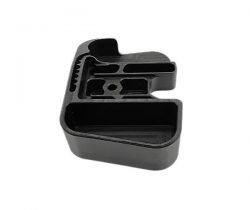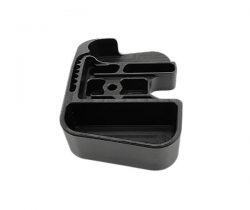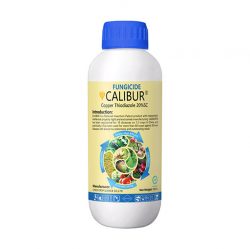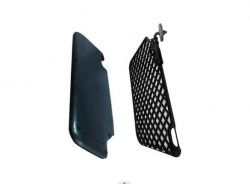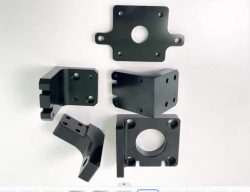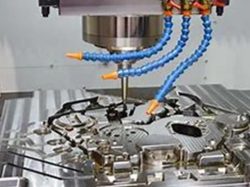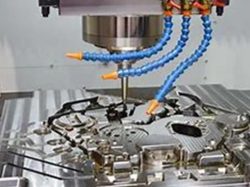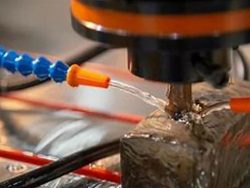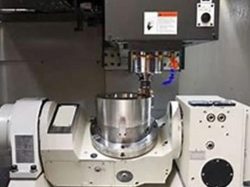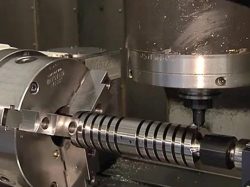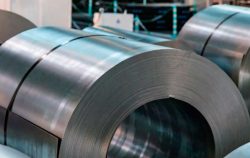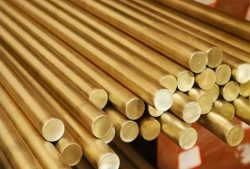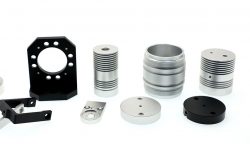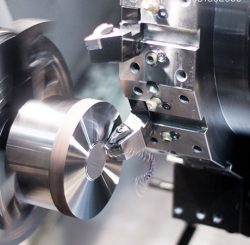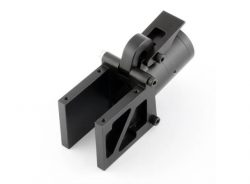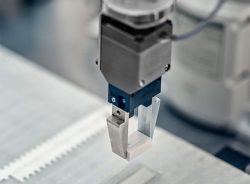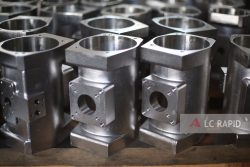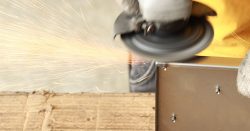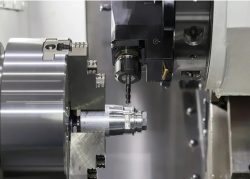CNC Machining Copper
With extensive production experience, YS Rapid offers copper CNC machining services and copper machinery parts to various applications. One-stop CNC machining facilities and various manufacturing capabilities enable us to well manufacture complex copper parts of various sizes and specifications. A fully equipped machine shop enables our experienced technicians to perform CNC milling, turning, and other machining processes to create CNC copper parts for prototypes and final use. Our team can help you improve product design and reduce costs. You can also upload your product drawings and request a instant quotation on line.
Common Surface Finishes for copper CNC Machining Parts
1. Copper bright cleaning: The purpose of this surface treatment is to thoroughly clean the stains, impurities, spots, oil stains and other dirt on the copper surface, and restore the bright color of the copper itself.
2. Copper passivation: Since copper is an active metal, it is particularly easy to oxidize and grow spots, and even appear patina in humid or special environments. Copper passivation can effectively protect the surface of copper parts.
3. Anodic oxidation: use copper as an anode, and use electrolysis to form an oxide film on the surface. The oxide film changes the surface state and performance, such as surface coloring, improves corrosion resistance, enhances wear resistance and hardness, and protects the surface of copper parts.
4. Electroplating: The purpose of electroplating is to plate a metal coating on the copper substrate to change the surface properties or dimensions of the copper substrate. Electroplating can enhance the corrosion resistance of copper, increase hardness, prevent wear, improve electrical conductivity, smoothness, heat resistance and beautiful surface.
5. Copper chemical polishing: Soak the copper parts directly in the copper chemical polishing solution, so that it can quickly reach a bright and beautiful color, and at the same time quickly remove surface oxides. The surface size will change accordingly, but it can be controlled artificially . Copper parts after chemical polishing need to be passivated as soon as possible to prevent them from being oxidized and discolored again.
Why Choose YS Rapid Copper CNC Machining
Machining capabilities of multiple processes provide more convenience for copper custom parts
Tight tolerances and high accuracy with advanced equipment and engineers
Production with fast turnaround and fast cycle times, keeping machining accurate and repeatable
No MOQ, can accommodate prototype, small batch and large batch order production
Attach great importance to product quality and strictly control production quality, production process and inspection.
CNC Machining Copper Properties and Advantages
Copper is a reddish, highly malleable metal. In CNC metal processing, pure copper is difficult to machine due to its high plasticity and toughness, while most copper alloys with other elements such as aluminum and zinc have improved or even better machinability. It has become a popular material for cnc machining parts. Copper has unique advantages such as excellent corrosion resistance, ductility, thermal and electrical conductivity that make it an excellent material for metal precision CNC machining and a variety of uses. CNC copper machining produces precision parts to ensure high consistency and precise dimension.
Types of Copper Alloys in CNC Machining
There are two types of copper alloys widely used for CNC machined parts. These materials have good electrical and thermal conductivity. CNC copper parts are widely used in automobiles, electronic products, medical products, home appliances, security products, aerospace, power industry and many other industries.
Copper C101: C101 is named for its purple-red color. Red copper is industrial pure copper with a melting point of 1083°C, no allotropic transformation, and a relative density of 8.9, which is five times that of magnesium. About 15% heavier than ordinary steel. It has a rose red color and is purple after an oxide film is formed on the surface, so it is generally called red copper. It is copper that contains some oxygen, so it is also called oxygen-containing copper. C101 has good electrical conductivity, thermal conductivity, corrosion resistance and processability, and can be welded and brazed. Contains less impurities that reduce electrical conductivity and thermal conductivity, and trace oxygen has little effect on electrical conductivity, thermal conductivity and processing properties, but it is easy to cause “hydrogen disease”, so it is not suitable for processing (annealing, welding, etc.) and use.
Copper C101 is mainly used as conductive, thermally conductive and corrosion-resistant components, such as wires and cables, conductive screws, shells and various conduits and aviation industry
C110 Copper: Copper C110 is a certified very high purity oxygen-free copper grade suitable for electronic type applications. The material is made of pure cathode copper and cast in a protective gas atmosphere. It has a minimum copper content of 99.99% and a minimum electrical conductivity of 101.5% IACS.
It combines the highest thermal and electrical conductivity values, excellent formability, adherent oxide film and excellent joining/soldering properties and can also be used in the electrical and high vacuum industries.
